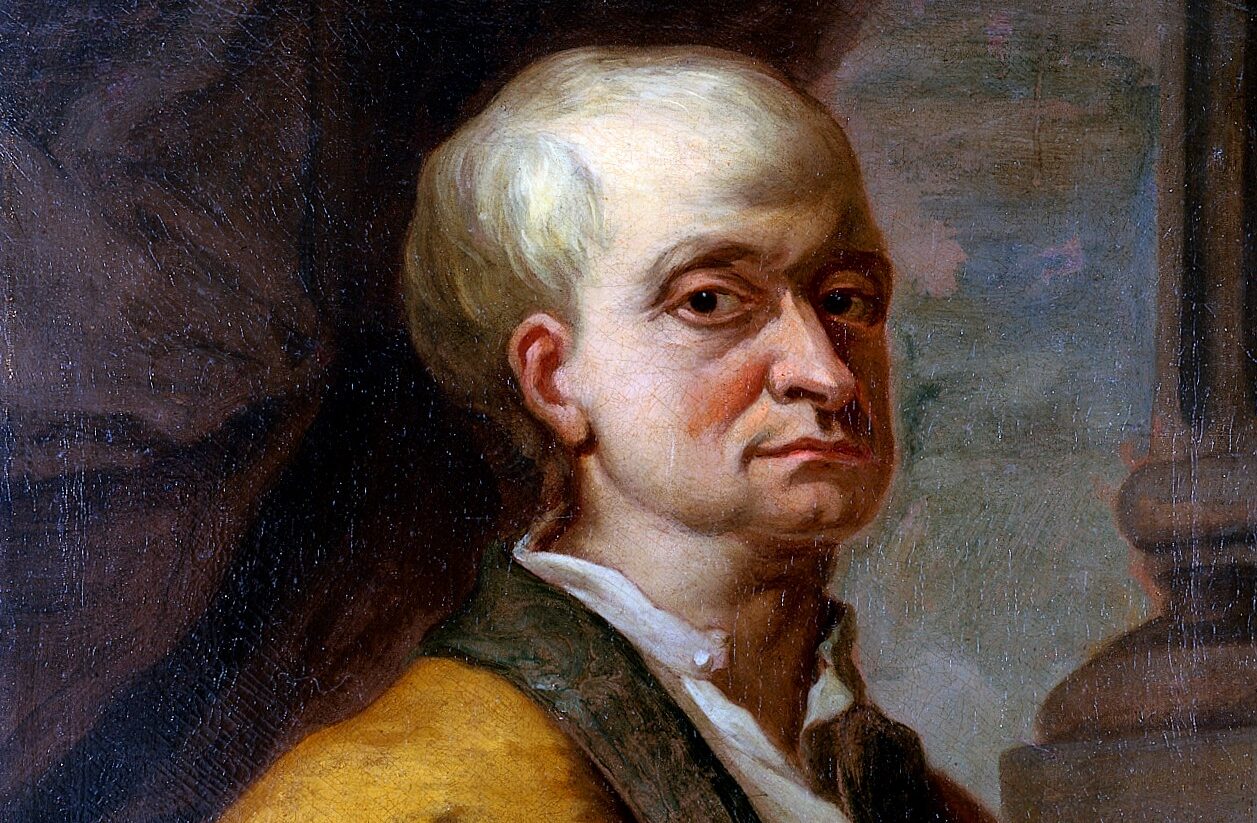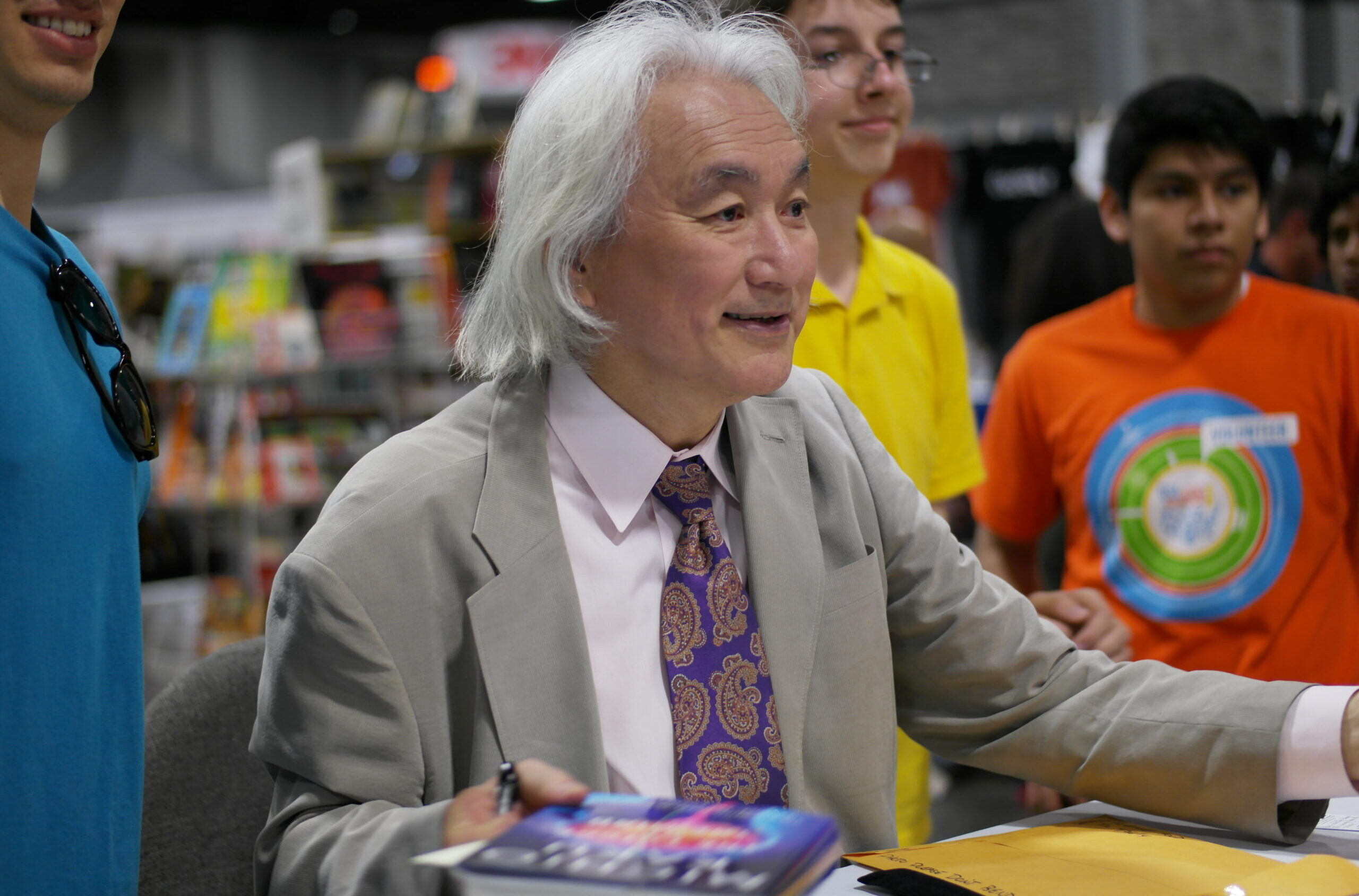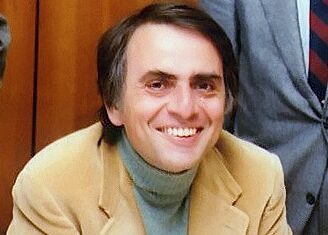Isaac Newton, one of the most influential scientists in history, is best known for his groundbreaking work in physics and mathematics. While his scientific achievements are celebrated, there are a few aspects of his life that have been considered controversial or subject to scrutiny. Here are some notable controversies and intriguing aspects of Isaac Newton’s life:
Early Life and Mental Health: Newton’s early life was marked by hardships and personal challenges. His father died before he was born, and his mother remarried when he was three years old. Newton’s mother returned to her first husband, leaving him in the care of his maternal grandmother. He was described as introverted, and some biographers have suggested that he may have had mental health struggles, including possible episodes of depression.
Relationship with Robert Hooke: Newton had a tumultuous relationship with Robert Hooke, a fellow scientist and member of the Royal Society. They disagreed on various scientific matters, and Newton was known for being sensitive to criticism. Their disputes led to animosity and strained interactions between the two.
Plagiarism Accusations: Newton’s work on calculus and the laws of motion faced accusations of plagiarism and priority disputes. Some critics claimed that he took ideas from other mathematicians and scientists without proper acknowledgment.
Alchemical Pursuits: Newton had a keen interest in alchemy, an ancient practice that aimed to transform base metals into gold and discover the philosopher’s stone. He conducted extensive alchemical experiments, and some modern scholars view his alchemical pursuits as controversial, given their unscientific nature.
Conflicts at the Royal Society: As President of the Royal Society, Newton faced internal conflicts and disagreements with other members. His management style and sometimes autocratic behavior caused tensions within the organization.
The “Apple” Story: The popular story of Newton’s discovery of the law of gravity when an apple fell on his head is widely known. However, historical evidence suggests that Newton did not specifically mention an apple in connection to his realization of gravity. The apple anecdote has become more of a legend rather than a historically accurate account.
Later Life and Eccentric Behavior: In his later years, Newton’s behavior became increasingly eccentric. He isolated himself, lived frugally, and focused on religious and biblical studies. Some historians speculate that he suffered from certain neurological conditions or psychological disorders that might have contributed to his unusual behavior.
Despite these controversies and intriguing aspects of his life, Isaac Newton’s immense contributions to science, particularly in the field of physics and mathematics, continue to be revered and form the foundation of modern physics and mechanics. His legacy remains an integral part of scientific history.




